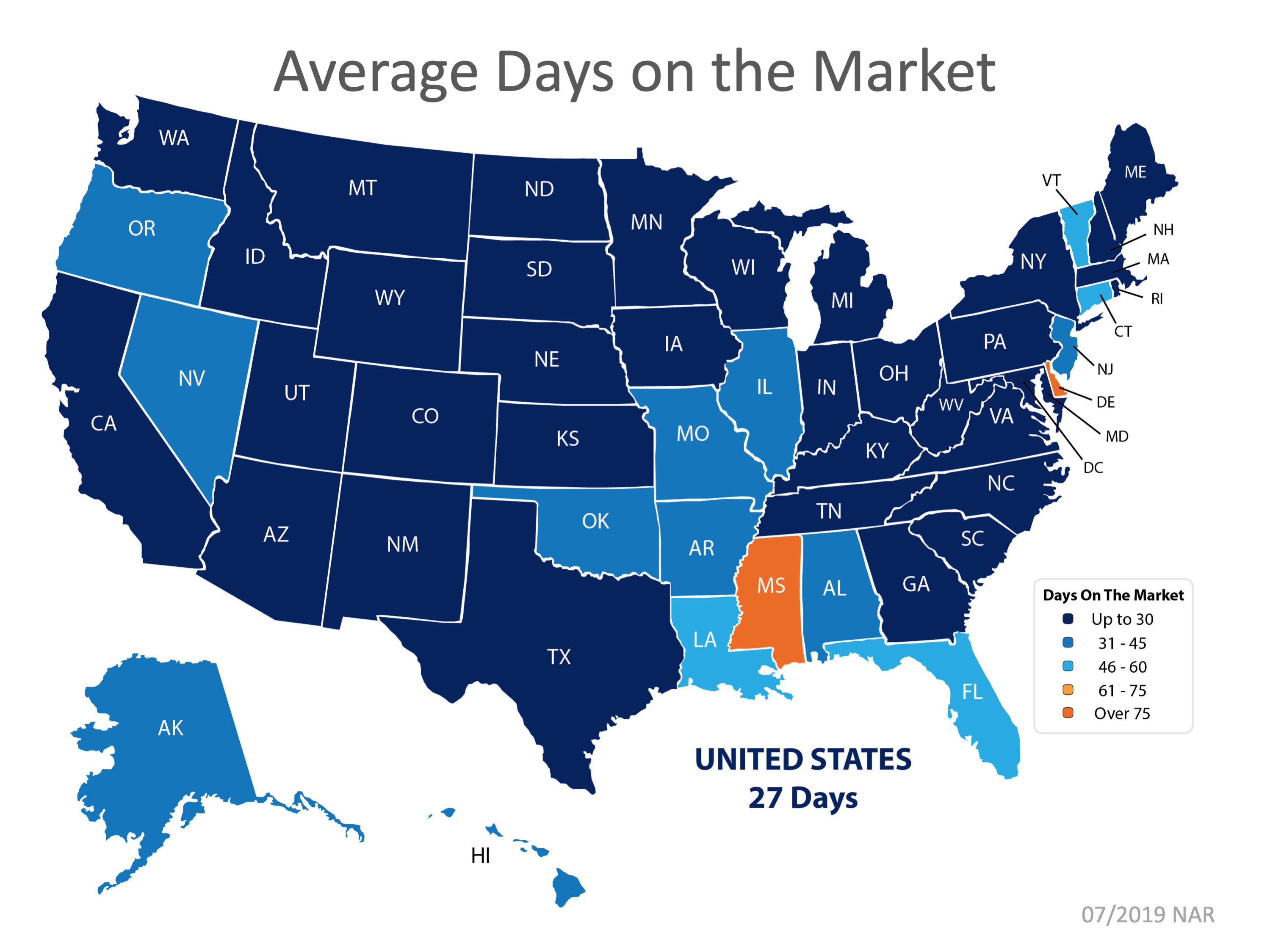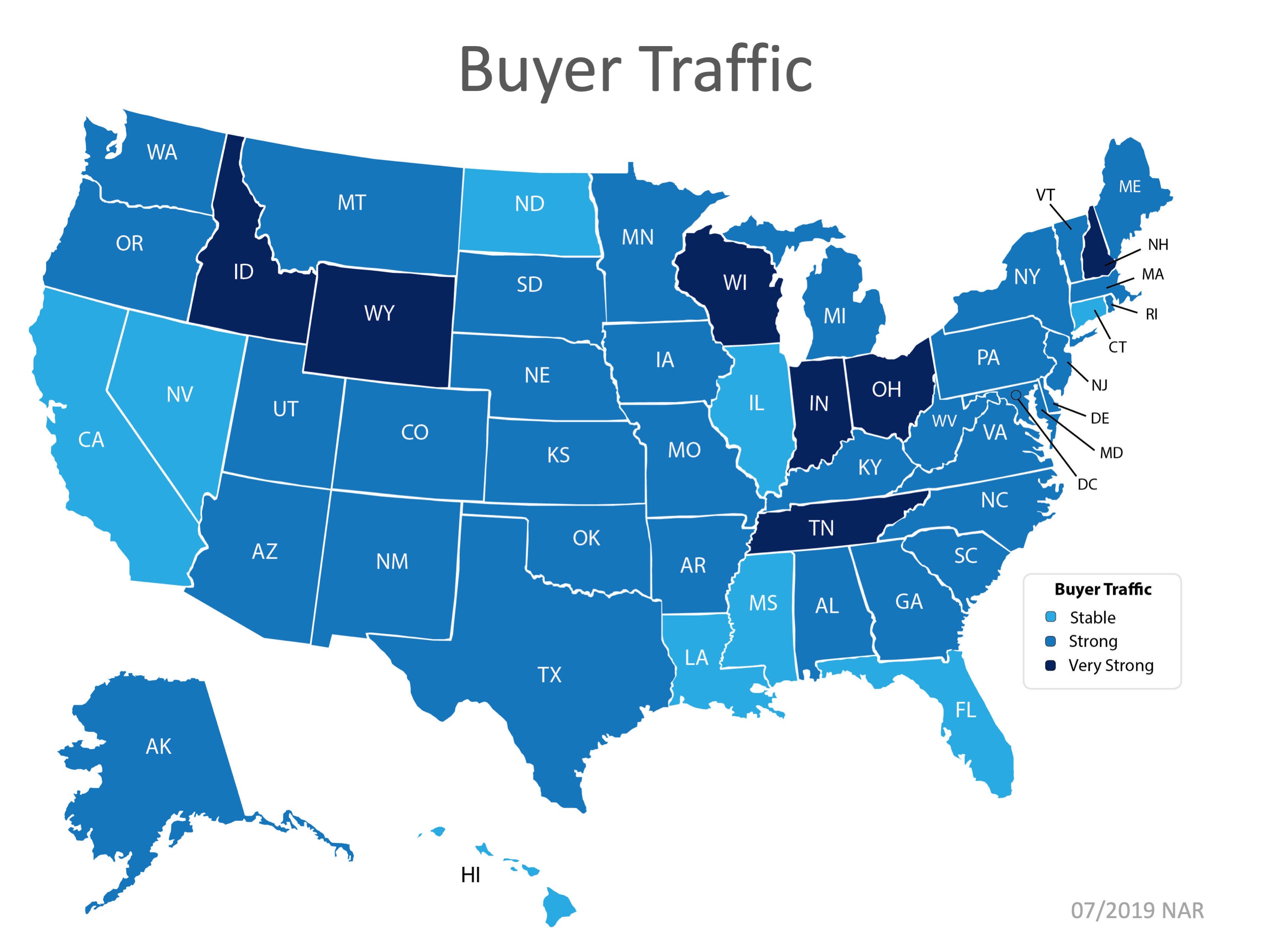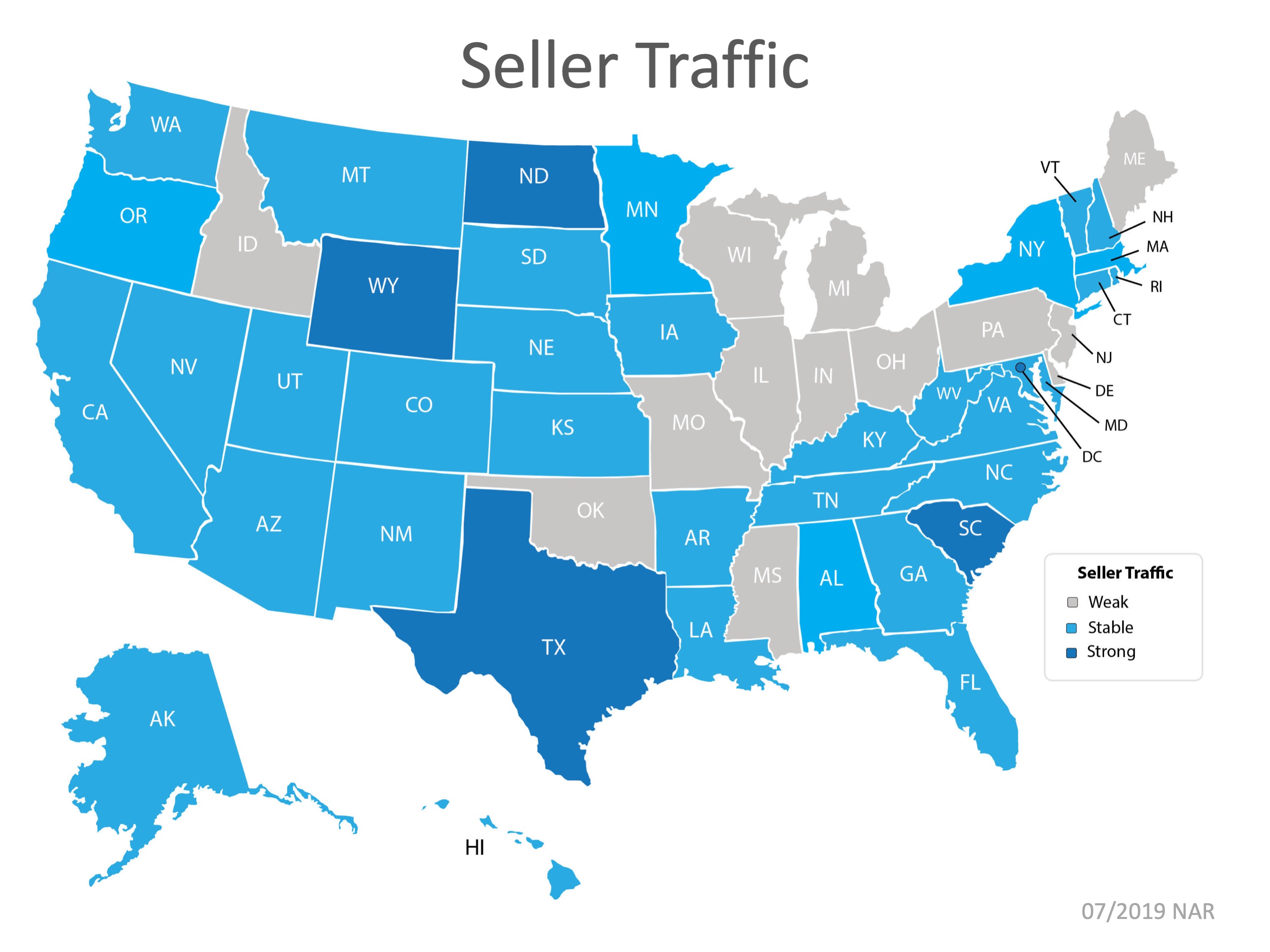
Every year, ‘Black Friday’ is a highly anticipated event for eager shoppers. Some people prepare for weeks, crafting and refining a strategic shopping agenda, determining exactly when to arrive at each store, and capturing a wish list of discounted must-have items to purchase. But what about buying a home? Is there a ‘Black Friday’ for the home-buying process? Believe it or not, there is.
According to a new study from realtor.com, the week of September 22 is the best time of year to buy a home, making it ‘Black Friday’ for homebuyers.
After evaluating housing data in 53 metros from 2016 to 2018, realtor.com determined that the first week of fall is when buyers “tend to find less competition, more inventory, and the biggest reductions on list price.”
The report explains,
“During the first week of fall, buyers tend to face 26% less competition from other buyers, and they are likely to see 6.1% more homes available on the market compared to other weeks of the year…nearly 6% of homes on the market will also see price reductions, averaging 2.4% less than their peak.”
What’s so different about the first week of fall?
George Ratiu, Senior Economist with realtor.com says,
“As summer winds down and kids return to school, many families hit pause on their home search and wait until the next season to start again…as seasonal inventory builds up and restores itself to more buyer-friendly levels, fall buyers will be in a better position to take advantage of today’s low mortgage rates and increased purchasing power.”
Learn more about how prices, listings, and buyer competition stack up during the first week of fall in your metro area.
Bottom Line
If you want to take advantage of the ‘Black Friday’ of home buying, let’s get together to discuss the benefits of making your next move this fall.



![4 Reasons to Sell This Fall [INFOGRAPHIC] | MyKCM](https://files.mykcm.com/2019/09/19104136/20190920-MEM-1046x808.jpg)

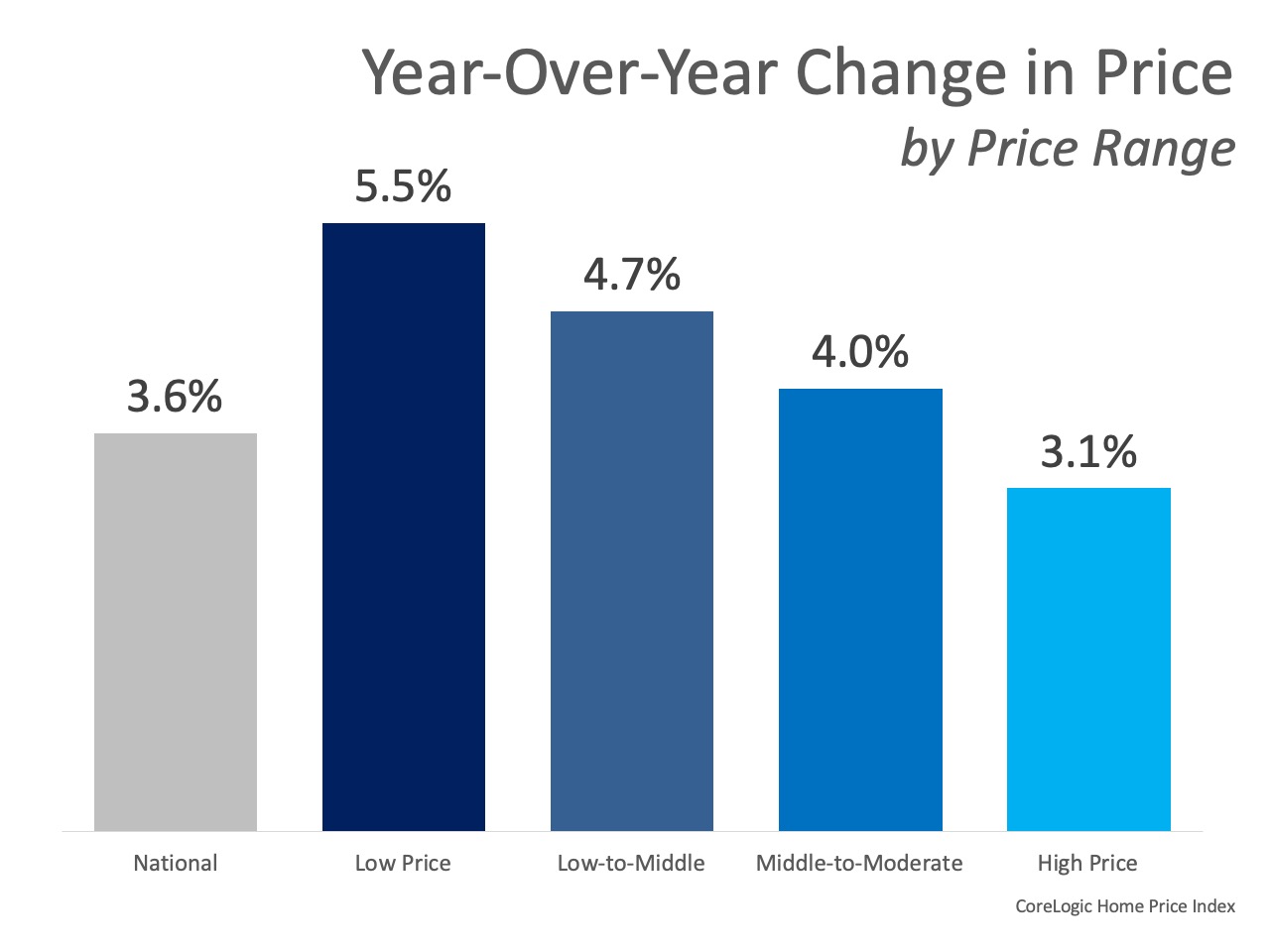


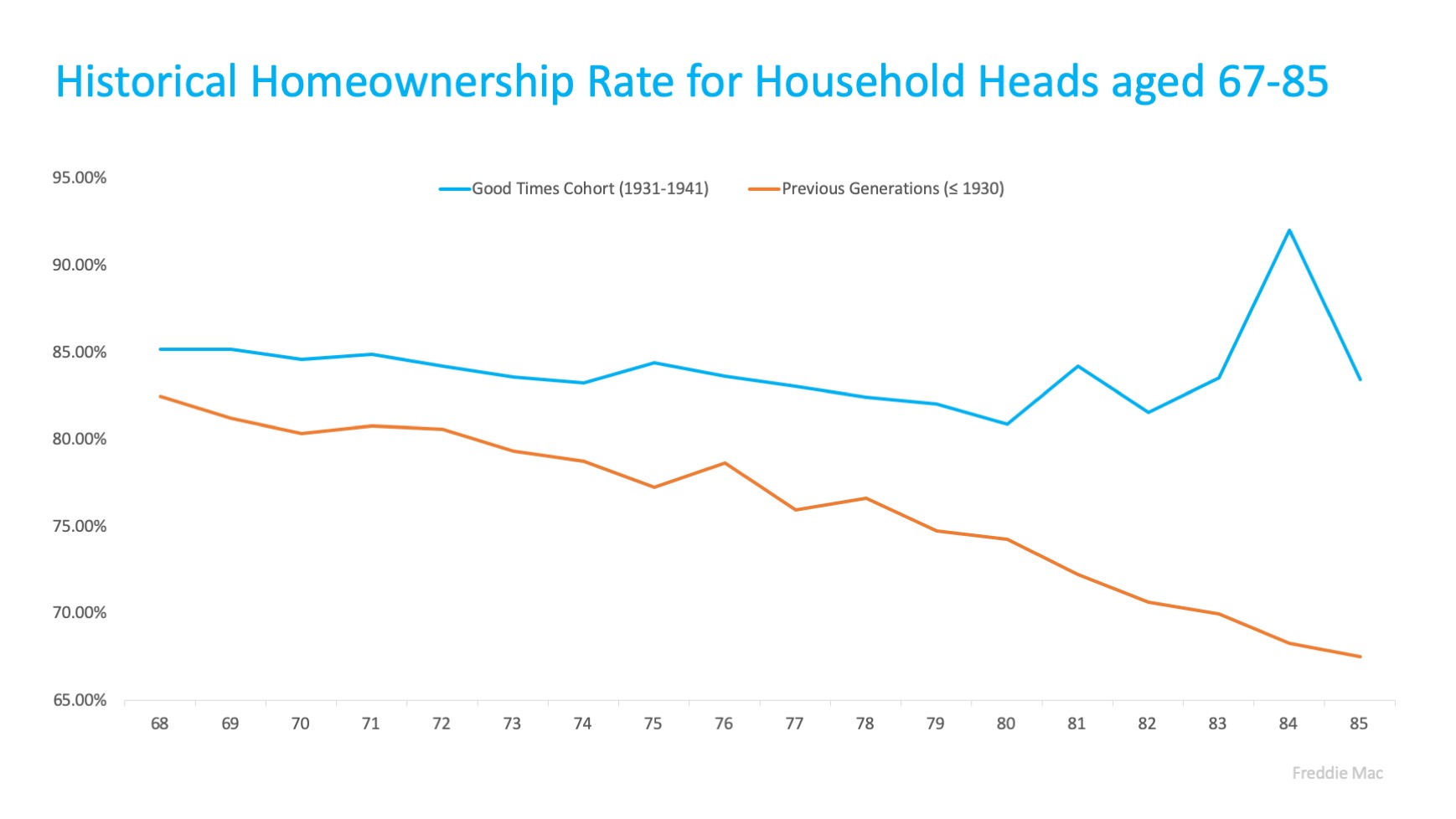
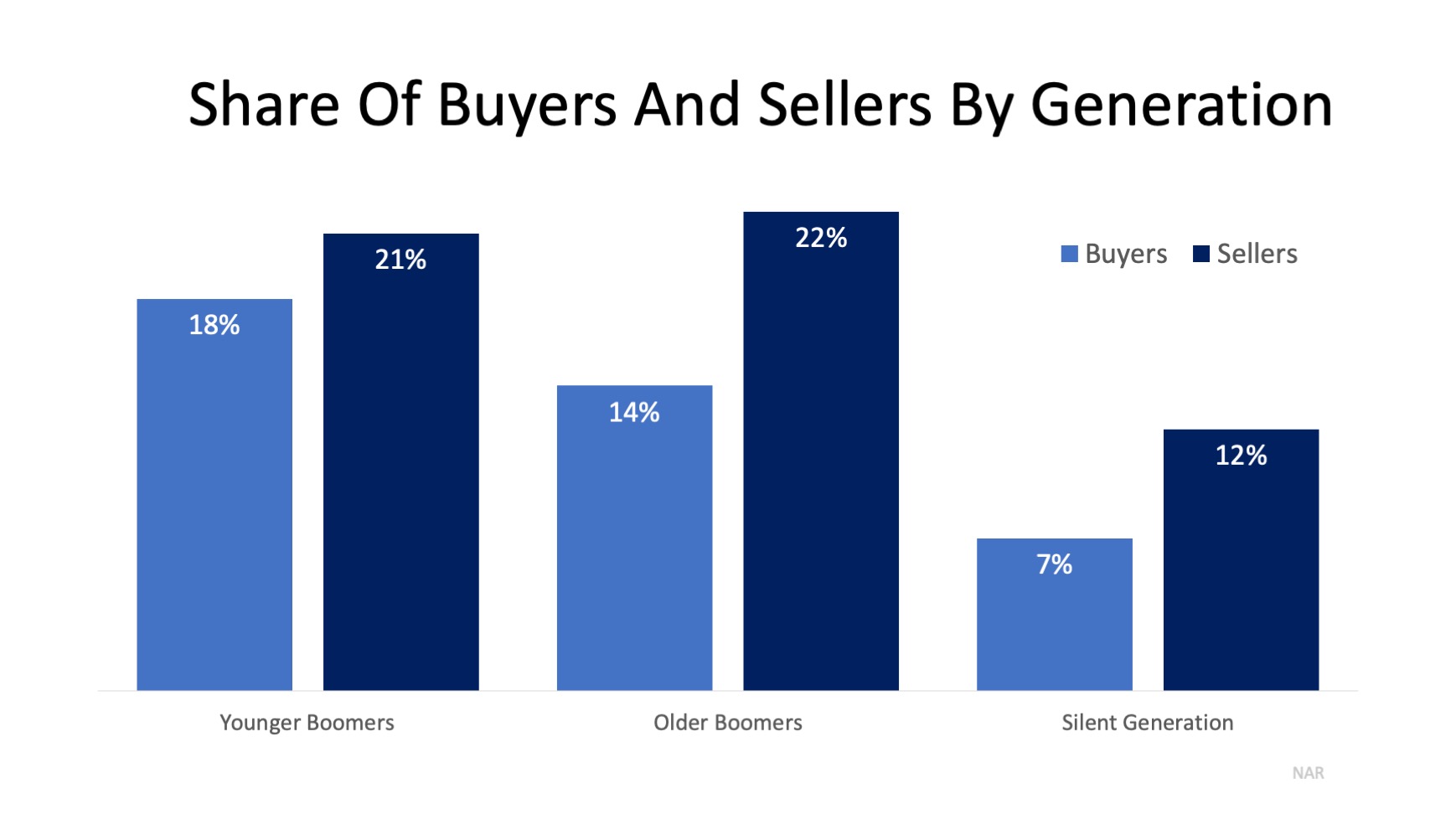

![Rent Vs. Own [INFOGRAPHIC] | MyKCM](https://files.mykcm.com/2019/08/07132307/20190809-MEM-1046x1210.jpg)


